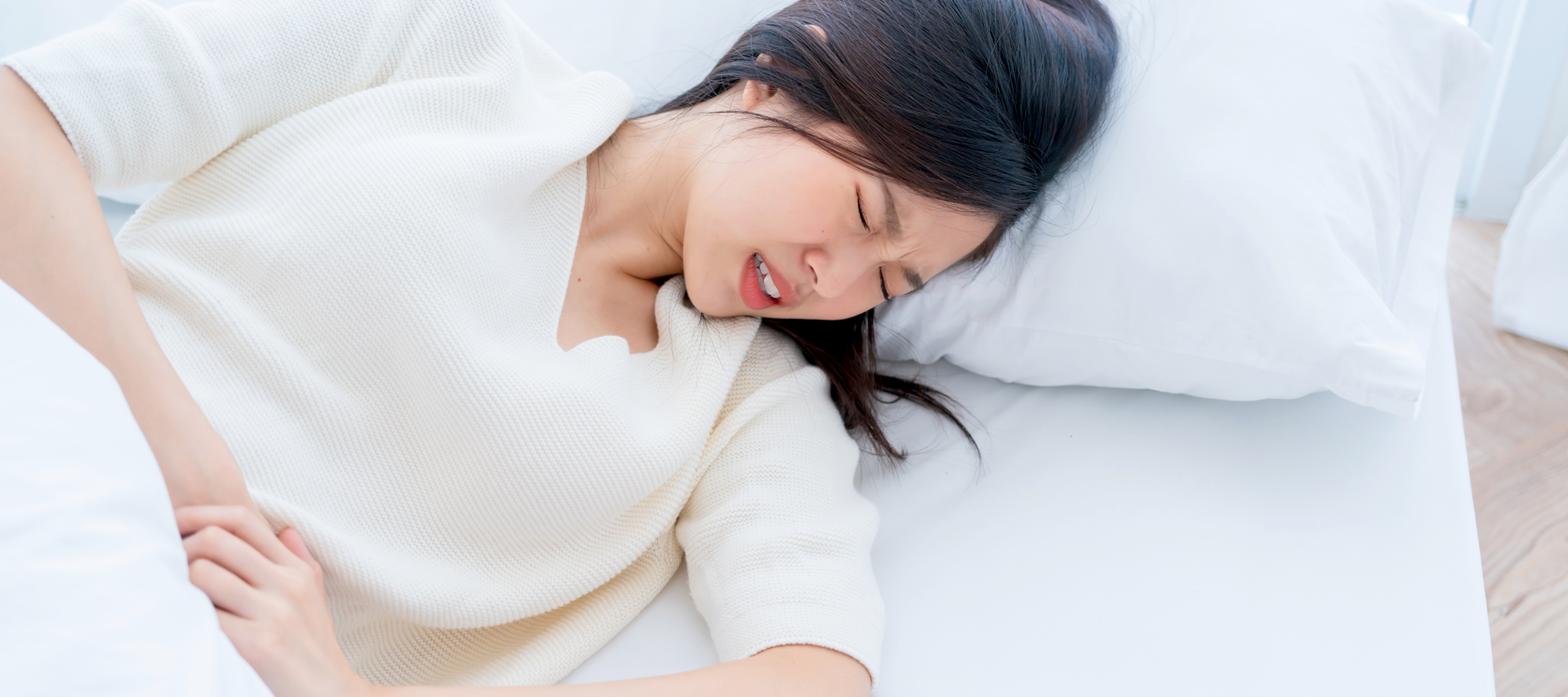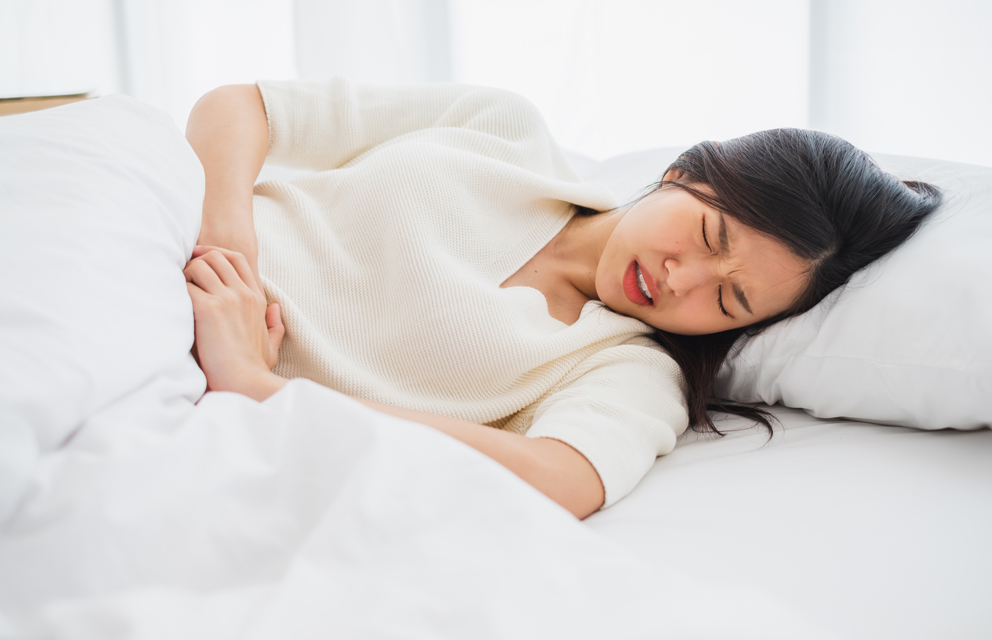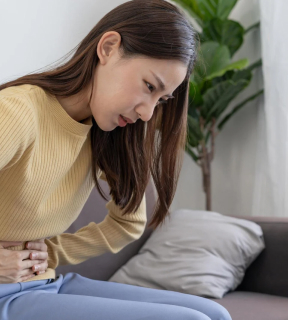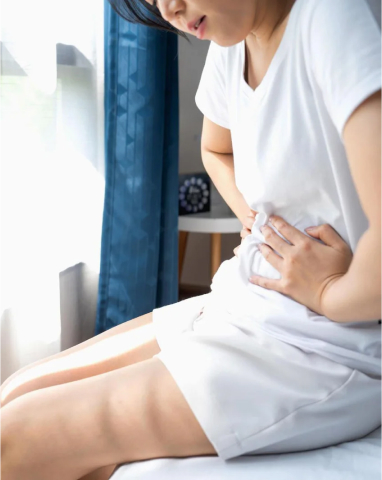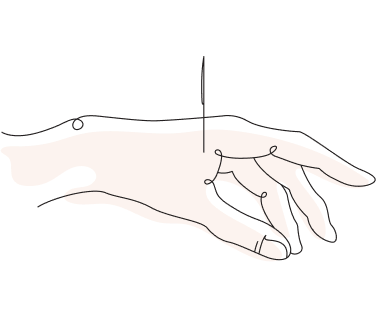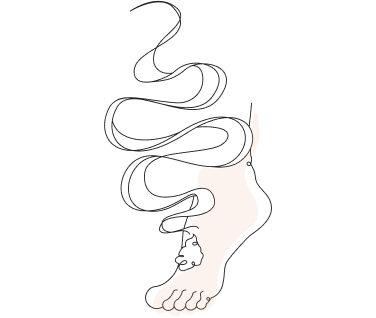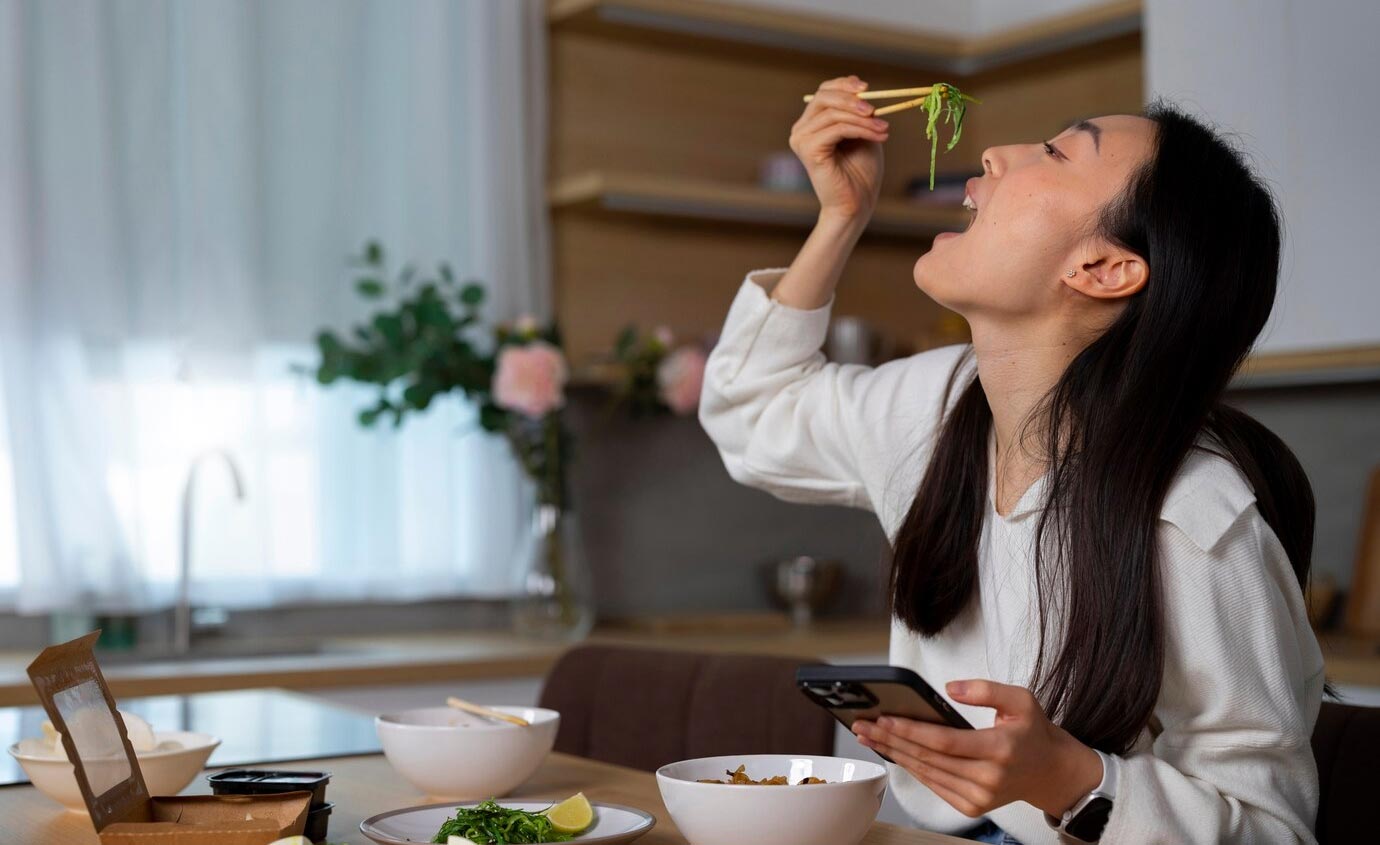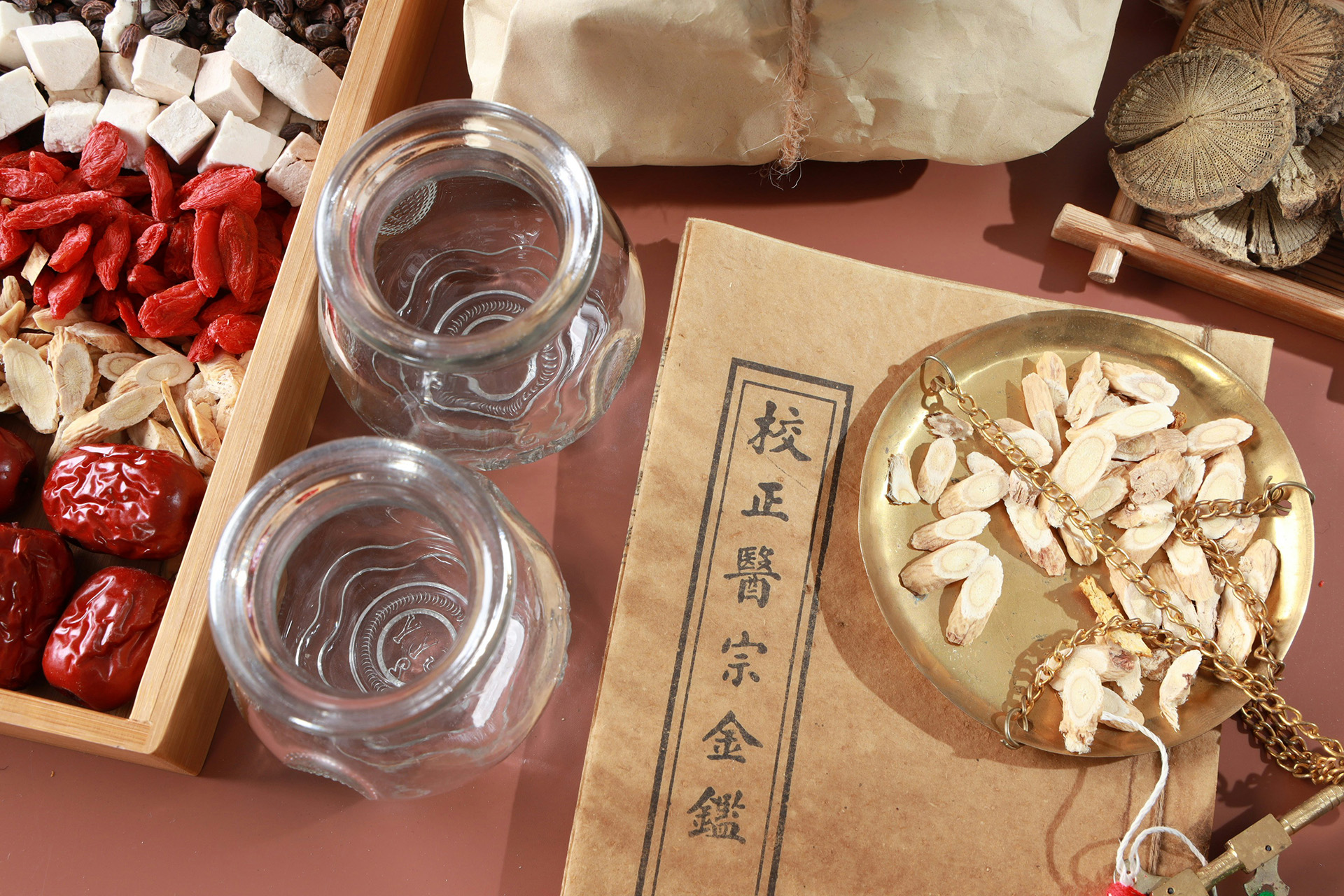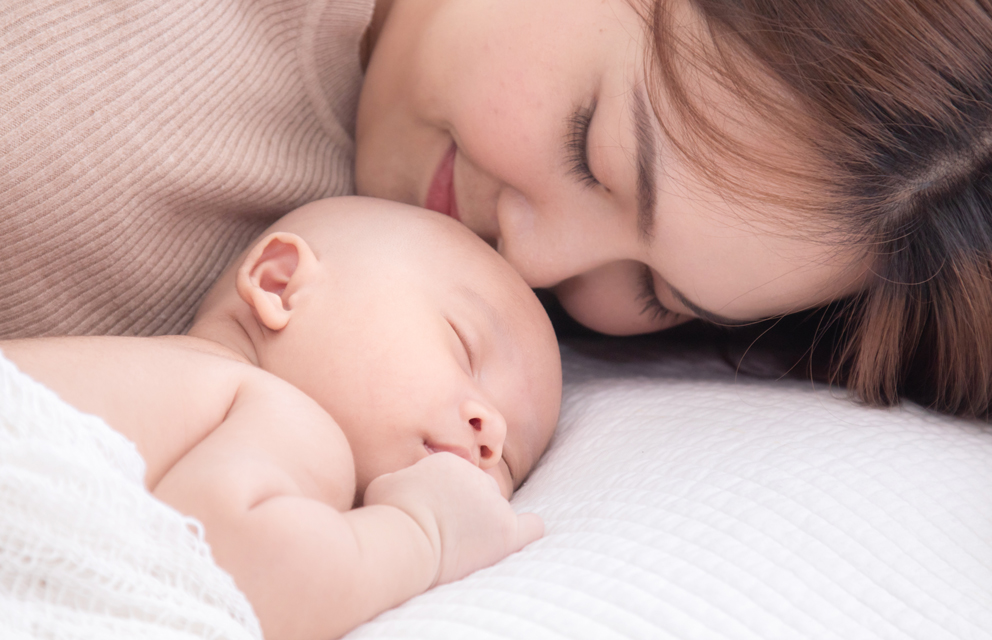Liver Qi (energy flow) Stagnation
Blocked liver qi disrupts energy flow, causing irritability, mood swings, bloating, and breast tenderness.
Blood Stagnation
Prolonged qi stagnation leads to blood stasis, resulting in sharp abdominal pain and menstrual clots.
Kidney Deficiency
Weak kidney qi disrupts hormonal balance, causing fatigue, lower back pain, and irregular periods.


